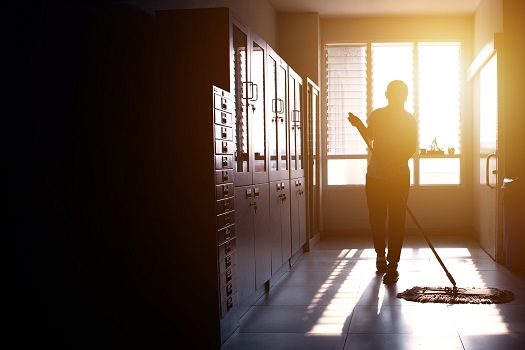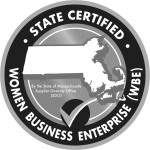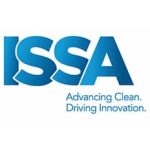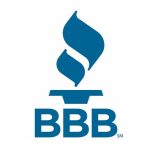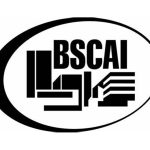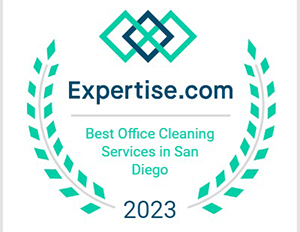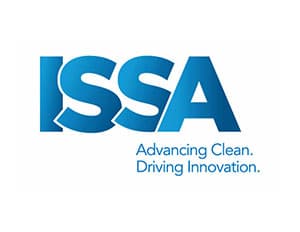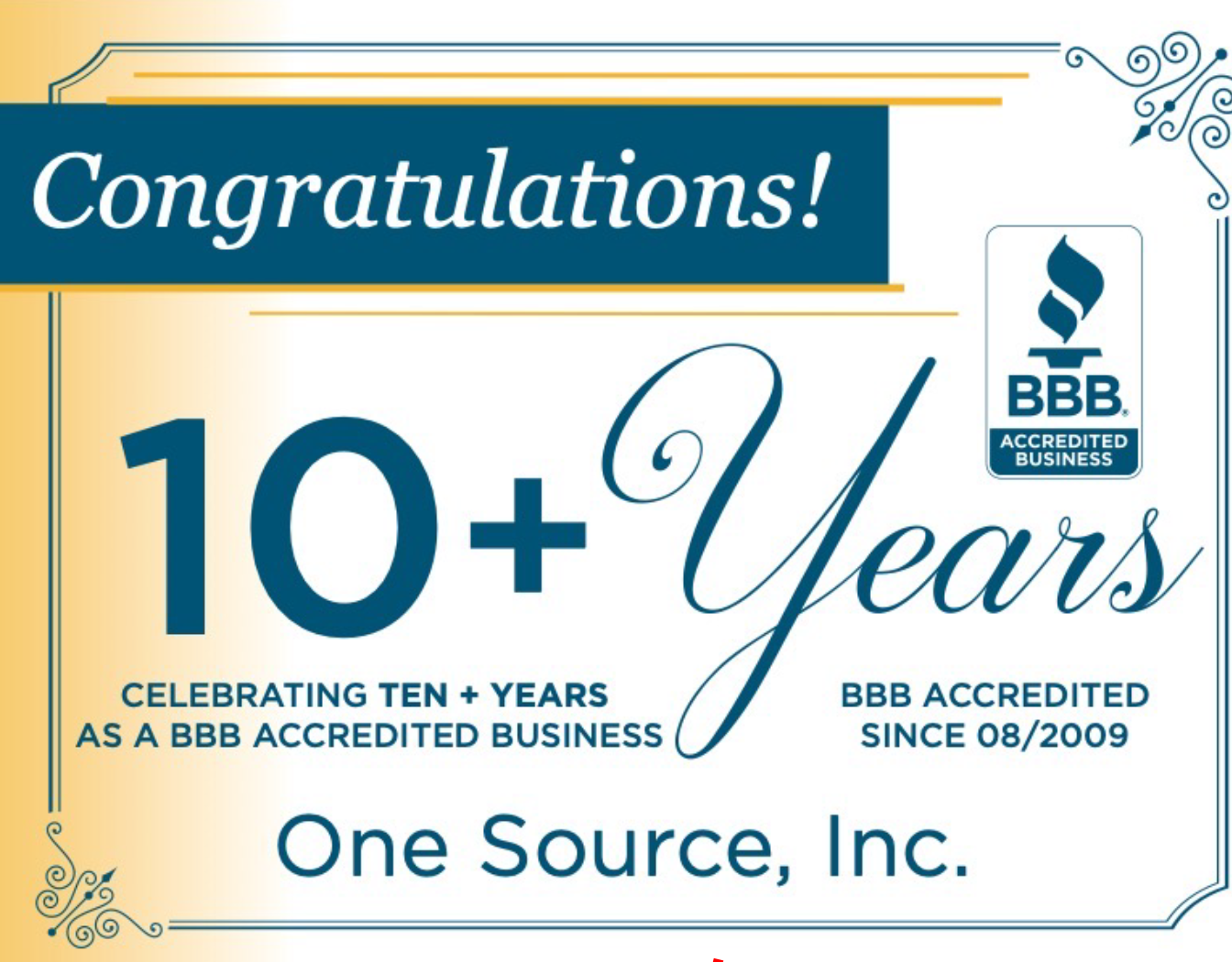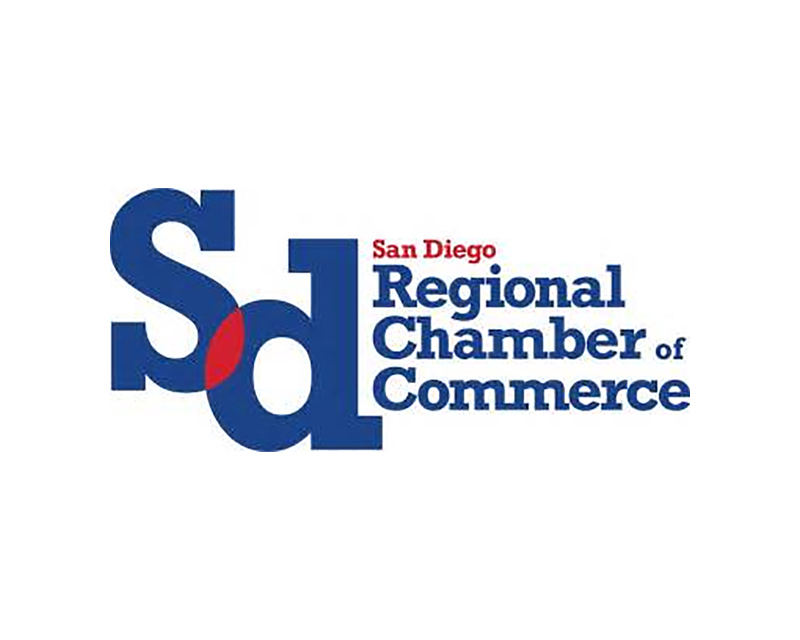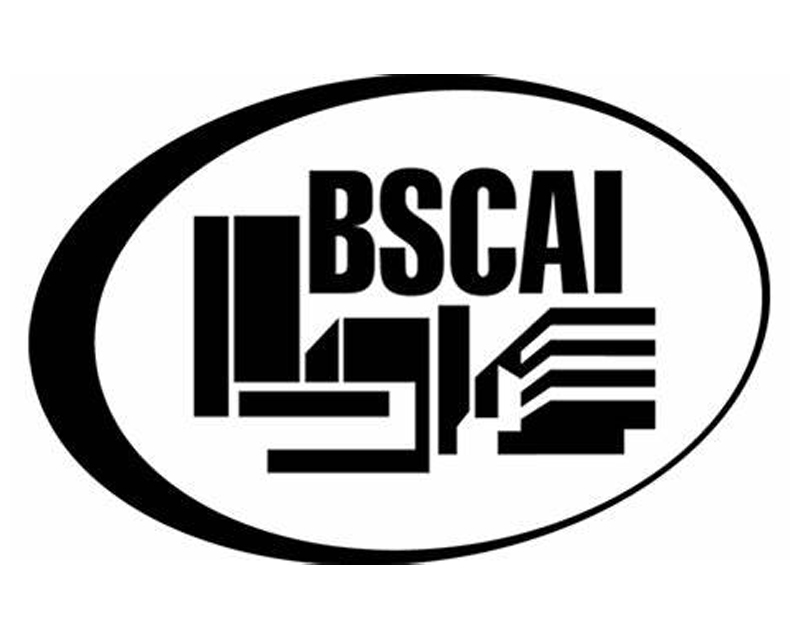Campuses are places where students, staff, and visitors come together to learn, work, and socialize. They’re also places where dirt, dust, germs, and waste can accumulate and create health and safety hazards. That’s why it’s important to keep campuses clean and tidy.
But how do you clean a campus? Who is responsible for what? And what are some best practices and tips to follow? Below, the pros from One Source, the experts in all types of commercial cleaning San Diego businesses and organizations trust to coordinate high-quality cleaning services, answer these questions and provide you with a guide on how to clean a campus effectively and efficiently.
Why Is Campus Cleaning Important?
Campus cleaning isn’t only about aesthetics and appearance. It’s also about health and wellness, productivity and performance, and sustainability and responsibility. Here are some of the benefits of campus cleaning:
- Prevents the spread of diseases and infections by reducing exposure to harmful bacteria, viruses, fungi, and allergens
- Improves indoor air quality by removing dust, pollen, mold, and odors
- Enhances the learning and working environment by creating a comfortable, pleasant, and conducive atmosphere
- Boosts the morale and motivation of students and staff by showing respect, care, and appreciation
- Protects campus assets and infrastructure by preventing damage, deterioration, and depreciation
- Saves money and resources by reducing the need for repairs, replacements, and waste disposal
- Reflects the campus values and reputation by demonstrating professionalism, excellence, and social responsibility
Who Is Responsible for Campus Cleaning?
Campus cleaning is a shared responsibility among students, staff, and professional cleaners. Each group has a role to play in maintaining the cleanliness of the campus. Here are some of the tasks each group should perform:
- Students – Students should keep their personal spaces clean, such as their dorm rooms, lockers, desks, and backpacks. They should also clean up after themselves in shared spaces, such as classrooms, libraries, cafeterias, lounges, and restrooms. They should dispose of their trash properly in designated bins or recycling containers.
- Staff – Staff should keep their offices, labs, workshops, and equipment clean. They should also clean up after themselves in shared spaces, such as meeting rooms, conference halls, auditoriums, and restrooms, and dispose of their trash properly in designated bins or recycling containers.
- Professional cleaners – Professional cleaners should perform regular and deep cleaning of the campus buildings and premises. They should use efficient methods and modern materials to sanitize every area of the campus and also follow the campus cleaning standards and schedule to ensure optimal results.
What Are Some Best Practices & Tips for Campus Cleaning?
Campus cleaning can be a challenging task due to the size and diversity of the campus facilities and activities. However, there are some best practices and tips that can help you clean a campus more effectively and efficiently. Here are some of them:
- Follow a checklist – Create a regular campus cleaning checklist that covers all the areas and items that need to be cleaned. Use this checklist as a guide to plan your cleaning tasks and track your progress.
- Use appropriate cleaning products and tools – For example, use microfiber cloths for dusting furniture, disinfectant wipes for sanitizing keyboards, vacuum cleaners for removing dirt from carpets, mop buckets for washing floors, spray bottles for applying cleaners, and gloves for protecting your hands.
- Follow label instructions on cleaning products – Read these carefully so you’ll know how to use them safely and effectively. Don’t mix different products or use them on incompatible surfaces. Store them properly after use.
- Use green cleaning products – Use products that are eco-friendly and biodegradable. Avoid using harsh chemicals that can harm your health or the environment. Choose products that have natural ingredients or certifications from reputable organizations.
- Clean from top to bottom – Start with the highest areas, such as ceilings, fans, lights, and windows. Move to the lower areas, such as walls, doors, and furniture, then finish with the floor areas, such as carpets and tile.
- Clean from inside to outside – Start with the inner areas, such as dorm rooms, then move to the outer areas, such as hallways, and finish with the exterior areas, such as sidewalks.
- Move from cleaner to dirtier areas – Start with the areas that are less contaminated or frequently used, such as offices, then move to the areas that are used more often and get more contaminated, such as restrooms. This way, you avoid spreading germs or dirt from one area to another.
- Clean frequently used or high-touch areas more often – These include door handles, light switches, faucets, keyboards, phones, desks, and chairs. These areas are more likely to harbor germs or dirt and should be cleaned daily or even multiple times a day.
- Clean in a systematic and organized way – Follow a consistent pattern or direction when cleaning an area. For example, clean from left to right or from front to back. This will ensure you avoid missing any spots or repeating any tasks.
- Clean as you go – Don’t wait until the end of the day or the week to clean your personal or shared spaces. Clean them as soon as you use them or notice they’re dirty. This will prevent the accumulation of dirt or waste and make your cleaning easier and faster.
Maintaining a clean campus is a multifaceted endeavor that requires planning, dedication, and the right resources. By prioritizing cleanliness, adopting sustainable practices, and regularly assessing and improving your cleaning plan, you can create a welcoming and healthy environment for everyone on campus.
One Source is the only point of contact schools need for the coordination of exceptional commercial cleaning services. We’ll create a managed plan tailored for your school and coordinate every element involved to ensure you receive the high-quality services your students need to stay safe and healthy. Whether you need daily restroom maintenance or late-night commercial maintenance services after a big event, we’ll handle it all for you. When it comes to cleaning schools, San Diego education professionals can rest assured we’ll take care of all the details, and we offer the flexibility to schedule services whenever they’re needed. Call our commercial maintenance team at (858) 260-1090 to schedule a site visit, and we’ll get you a quote within 24 hours.

